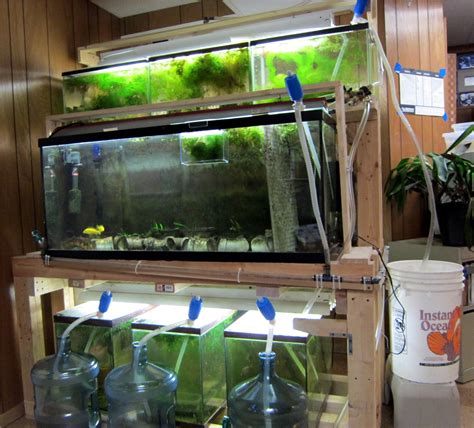Aquarium Water Changes: Ultimate Guide to Frequency & Volume
How Often to Change Aquarium Water?
Frequency of water changes depends on various factors, including tank size, stocking density, and filter efficiency. As a general rule:

- Small tanks (under 20 gallons): 20-50% weekly
- Medium tanks (20-50 gallons): 15-30% biweekly
- Large tanks (50+ gallons): 10-20% monthly
How Much Water to Change:
The amount of water to change depends on the size of the tank and the frequency of changes.
- Weekly changes: 20-50% of tank volume
- Biweekly changes: 15-30% of tank volume
- Monthly changes: 10-20% of tank volume
Aquarium Maintenance: Essential Tasks for Healthy Fish
Filter Cleaning
- Mechanical filters: Rinse in clean water weekly or as needed.
- Biological filters: Clean or replace filter media as directed by manufacturer.
Gravel Vacuuming
- Vacuum the substrate to remove debris and waste.
- Partial gravel cleaning: 10-20% of the substrate monthly.
- Deep gravel cleaning: 50-75% of the substrate every 6 months.
Algae Control
- Reduce light exposure, feed less, and increase water circulation.
- Use algae-eating organisms, such as snails, shrimp, or plecos.
- Regularly clean tank surfaces with an algae scraper.
Water Testing
- Monitor pH, ammonia, nitrite, and nitrate levels regularly.
- Test kits are available at pet stores or online.
- Keep parameters within optimal ranges for the fish species.
Equipment Maintenance
- Inspect and clean heater, pump, and filter regularly.
- Replace bulbs in lighting fixtures as needed.
- Lubricate pumps and moving parts.
Tips & Tricks for Aquarium Water Changes & Maintenance
- Use a siphon or gravel vacuum to easily remove water and debris.
- Use distilled or dechlorinated water for water changes.
- Match the temperature of the new water to the tank water.
- Do not overfeed the fish to reduce waste accumulation.
- Quarantine new fish and plants to prevent disease introduction.
Common Pitfalls to Avoid
- Over-cleaning: Excessive cleaning can disrupt the tank’s beneficial bacteria.
- Under-cleaning: Neglecting maintenance can lead to water quality issues and fish health problems.
- Incomplete water changes: Leaving old water in the tank can contribute to nitrate buildup.
- Using tap water: Tap water may contain chlorine or other chemicals harmful to fish.
- Ignoring water testing: Regular testing allows for timely detection and correction of water quality issues.
Conclusion
Aquarium water changes and maintenance are essential for maintaining a healthy aquatic environment for fish. By following these guidelines, aquarium owners can ensure their fish thrive and enjoy a clean and safe habitat.





















